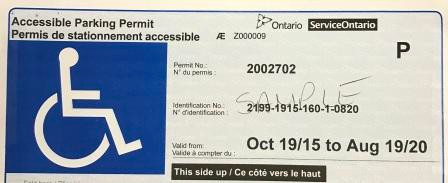The Ministry for Primary Industries (MPI) is New Zealand’s agency that takes care of the country’s major industries, which includes farming and fishing. Agriculture is the largest sector of the country’s export economy. Knowing how important finding digital solutions is to agriculture, the ministry invests in technology to boost the sector.
The MPI has set aside a budget from the Sustainable Food and Fibre Futures fund (SFF Futures) for research into digital farms. As per Agriculture Minister Damien O’Connor, Aotearoa’s primary industry agency is supporting its digital Farm Environment Plans (dFEP). Specifically, SFF Futures is contributing NZ$ 493,500 to the NZ$ 823,500 research project that’s led by a non-profit trust.
Our food and farming systems are faced with both challenges and opportunities in food security, climate and environmental impact. Digital agriculture or ‘smart farming’ represents a set of tools to enhance practices for the benefit of farmers and consumers. Smart farming can help provide foundations to build responsible production and consumer systems across the primary industries.
– Website, AgriTechNZ
Farm Environment Plans (FEPs) are a pivotal tool to identify and take action on environmental risks on-farm and demonstrate progress on environmental objectives. Its goal is to build export value by satisfying global consumer expectations.
ICT solutions are at the heart of this research. It aims to fast track the delivery of a digital solution for farm environment plans. As a result, farmers and growers will be able to share environmental compliance data through the same toolsets that are used for regular farm management tasks.
Furthermore, AgriTechNZ, New Zealand’s government-backed agritech industry body, disclosed that creating a digital option for FEPs means managing farming decisions and regulatory requirements will be far more efficient. In the same way that farm accounts and tax returns are also streamlined with digital tools, FEPs will benefit from a simplified process.
AgriTechNZ detailed that the transition is more than just a technology development. Rather, it also extends to organisational and management practices. The sector includes practitioners, innovators and enablers who mobilise new capabilities in data, automation, connectivity and virtual exchange to contribute to smart farming practices. Thus, the body considers smart farming a strong lever in strengthening sustainable forms of farming and food systems.
Indeed, private-public sector cooperation is key to this endeavour. AgriTechNZ knows this fully well and is looking forward to working with the non-profit trust and MPI in developing a dFEP proof of concept to integrate data exchange, practice requirements and regulatory commitments with regular farm operations.
The non-profit trust is a membership organisation that includes New Zealand producers, growers, exporters, retailers and consumers focussed on sharing trusted data and processes among its members to move agriculture in New Zealand.
While there are other sectors of the economy that are growing in terms of exports, Aoteroa remains largely an agricultural nation. For one, the country exported NZ$ 46.4 billion worth of agricultural products (i.e., raw and manufactured) in the 12 months leading to June 2019. That represents 79.6% of the country’s total exported goods. Thus, boosting the agricultural sector by using digital technology is logical.
New Zealand is moving up in terms of digital transformation. Not only did Wellington advertise its ICT prowess to the world to attract global talent and investment but also its eyes are set on a digital currency.
Source:






Comments